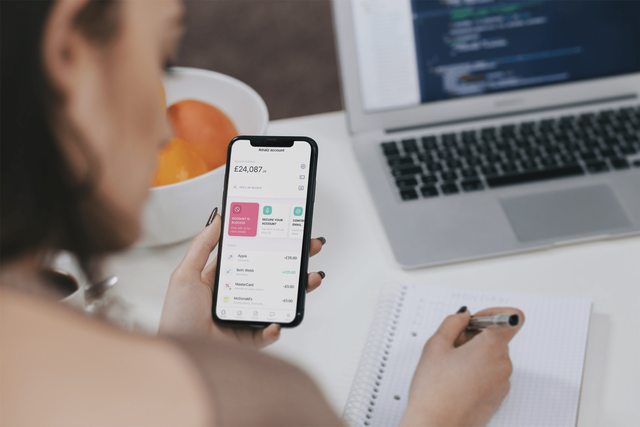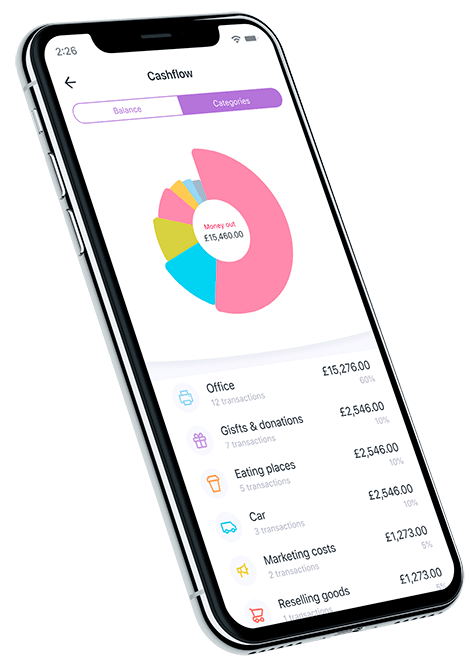Top 10 most frequently asked questions about Self Assessment

Did you know that our team of certified accountants is contactable in the Amaiz app to help with queries and concerns around Self Assessment tax?
We reply to all Advanced member questions personally, and although we can’t offer specific or individual advice, we always take the time to point you towards the resources you need to find the right answers for your circumstances. To kick off 2020 and to assist with any last minute concerns ahead of the 31 Jan submission deadline, we’ve put together a list of the 10 most asked questions of last year.
1) Which expenses can I claim against my income?
The thing to keep in mind is to only claim expenses that are wholly and exclusively business related (known as allowable expenses).
As a sole trader, you can claim either the expenses incurred against your income to work out your taxable profit, or you can use a simplified expenses method. With a simplified expenses method, you work out your business expenses using a flat rate instead of working out the actual expenses.
2) Why am I being asked to make a payment on account?
If your tax liability from your previous tax return was more than £1,000, you’ll be asked to make an advance payment (payment on account) for next year’s tax liability.
3) I am a director of a LTD company, do I need to fill out a Self Assessment tax return?
LTD company directors may need to complete a personal Self Assessment tax return if they have received any dividend payments from their LTD companies.
4) I’ve estimated my tax calculation and HMRC have come back with a higher amount payable then I had expected. How do I know if HMRC have calculated my income tax correctly?
The amount of income tax you pay depends on your total taxable income from all sources (employment, self employment, property rental income, pensions, dividends).
Income under £12,500 will be free of income tax as this will be covered by the personal allowance. Income tax rates for the current tax year(2018-19) are as follows:
- Up to £12,500 - No income tax to pay
- £12,501 to £50,000 - 20% of your income is subject to tax
- £50,001 to £150,000 - 40% of your income is subject to tax
- £150,000- 45% of your income is subject to tax
For questions about Self Assessment tax you can call HMRC on 0843 509 2500. Lines are open 8am to 8pm on weekdays and 8am to 4pm on Saturdays.
5) I’ve missed the Self Assessment deadline. Will HMRC accept my reasons for not submitting my tax return on time?
Unfortunately, you will likely receive an automatic penalty of £100 if you are registered for self-assessment and miss the 31 January deadline. HMRC only allows the late filing of your tax return in certain limited circumstances, such as the death of a close family member, sudden illness or your own hospital stay. The best thing to do is get in touch as early as possible with HMRC if you feel you’re going to miss the deadline!
6) Do I need to declare any interest I have received on my ISA on my tax return?
No, that’s yours to keep. You don’t need to declare any interest you have received in an ISA. And you can put up to £20,000 into an ISA in this tax year.
7) I have received interest on a savings account I hold for my child. Do I need to declare this on my tax return?
No. Interest earned on children’s savings account is not taxable and doesn’t need to be declared on your tax return.
8) I have a part time business where I earned around £800 per year. Do I need to complete a self assessment tax return and pay tax on this?
If you’re expecting your income from self-employment to be under £1,000 annually, you may not need to register for self assessment and pay any income tax on this as you will be covered by the trading allowance. If you’re not sure whether to register or not, contact HMRC.
If you are expecting your income from self-employment to be over £1,000 annually, you may have to register yourself as self employed (sole trader). If you are trading as a sole trader, the date that you started your business should be the date should be used to inform HMRC about your employment status. You will have to notify HMRC by 5th October in your second year of trading.
9) I have reached 55 and have taken out 25% out of my personal pension POT as a lump sum. Does this need to be declared on my tax return?
Once you reach 55, you can take up to 25% of your pension pot tax free and is separate from your personal allowance. Any money taken out of your pension pot up to 25% of your total pension POT will not need to be declared as taxable income on your tax return.
10) Do I need to include redundancy pay on my tax return?
Redundancy pay up to £30k is not taxable, but you may need to declare it on your tax return under employment lump sums. If you received any PILON payments (payment in lieu of notice), these will be subject to income tax and National Insurance and you will need to include this on your tax return. Any redundancy pay amounts over £30k would be subject to normal income tax rates.
Have our Accounting Experts close to hand, ready to answer your Self Assessment questions when you join Amaiz's premium plan.

Download now!
And you can open a business account with all the support you need in minutes.



